Moving toward equity: hard questions, shared conversations at Toronto Metropolitan University
Institutions of higher learning are ideally places where there is deliberation and reflection on hard questions, and a shared grappling with the public good.
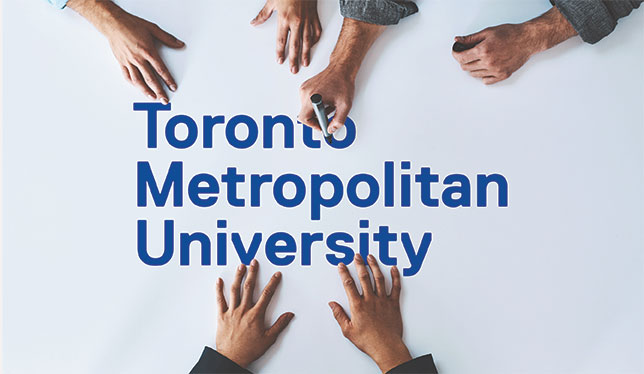
The university at which I serve as provost and vice-president, academic has begun a new chapter. On April 26, our board of governors approved President Mohamed Lachemi’s recommendation to change our name to Toronto Metropolitan University. As Dr. Lachemi stated in a message to our community, our new name represents not only who we are as an institution, but who we aim to be in the context of our location and values. The name Toronto Metropolitan University speaks directly to who we are: a diverse community alive with the energy and creativity that result from the convergence of many people and perspectives.
Our commitment to engage in a meaningful process to change our name is significant for a variety of reasons. It points to the continued necessity of institutions in Canada, North America, and beyond, taking responsibility for ongoing forms of racism and colonialism. In the context of higher education, our new name demonstrates that those within university communities, including senior level administrators, have a pivotal role to play when it comes to responses to the Truth and Reconciliation Commission and other calls for systemic change. Finally, our new name points to the reality of this institution, through deep and sustained community conversations, learning what it means to move toward equity.
Toronto Metropolitan University’s renaming process began with a willingness to address complicated questions. In the context of concerns regarding the harm done by our former name, in November 2020 Dr. Lachemi established the Standing Strong Task Force. In August 2021, the university’s board of governors endorsed all 22 of the recommendations put forward by the task force. Renaming was one of those recommendations. In fall 2021, Dr. Lachemi constituted a committee whose primary purpose was to identify a shortlist of names so that the he could make a recommendation to the board of governors by the end of the winter 2022 term.
I served as chair of the University Renaming Advisory Committee (URAC) with vice-chair Tanya (Toni) De Mello. We had the responsibility of guiding and engaging with the 15 dedicated members of the committee to identify a shortlist and rationales for each name on the list. The work of this committee is now complete, and our deliberations have supported the adoption of a new name that speaks to our university’s values and commitments. In the role of chair, I was especially attentive to four considerations: the importance of turning toward complexity and resisting simplification; the generative power of questions; the importance of a collective sense of purpose; and the reality of power and difference.
Universities are ideally places where there is deliberation and reflection on hard questions, and a shared grappling with the public good. Downplaying or retreating from the complexities, intricacies and lived experiences of institutional harm will generally make change in the interests of equity less likely. Throughout the process of changing our name, this university has had to consider the role that individuals play in historical forms of colonialism. It is critical to name the consequences of and contributors to colonialism, as well as resist simplistic understandings of our past and our present.
As a group of 15 people with various perspectives, backgrounds and experiences, the committee worked hard to understand each other’s ideas and reasons for their interest in specific names for the shortlist. We were less interested in persuading our colleagues or bringing others around to our point of view. Questions and conversations that led to a deeper understanding of others’ ideas and values were critical. As committee members, we were open to reflection and change in the context of our ongoing and rigorous discussions.
Further, as chair, I was interested in the group generating a shortlist that the entire committee could support, and that served as a set of names that represented our shared knowledge and recommendations. To support this outcome, we foregrounded identifying a list that would serve the university well, and that would provide a range of avenues for connection and belonging. In this sense, we stepped back from individual interests and pursuits. We necessarily spoke from situated perspectives and experiences, and toward a collective outcome.
Finally, our committee brought together a diverse set of individuals who inhabit complex identities. We identify with groups that are privileged and oppressed. We are from Indigenous, Black, racialized, and settler communities. We are students, faculty, staff, and alumni – some relatively new to the university community and some with decades of experience. Further, in the renaming process, we were working at equity in a context in which racism, colonialism, and other forms of oppression persist. In such contexts, and indeed across university settings, power differentials are real. Likewise, myself and the vice-chair paid attention to who spoke and for how long, and to each individual’s proximity to institutional power and authority. We did our best to be attentive and responsive to these differences and their significance.
It is an honour to be at Toronto Metropolitan University, and to work with colleagues on our commitment to equity. We will continue this work, which includes multiple initiatives that address a variety of forms of oppression and inequity. There are 21 additional recommendations from the Standing Strong Task Force, spanning priorities from changing our institution’s mascot to ensuring Indigenous content in our courses. I look forward to what our community will learn as we address these recommendations and initiatives, and to our continued commitment to new ways of thinking and doing as we move into our next chapter.
Jennifer S. Simpson is provost and vice-president, academic, as well as chair of the University Renaming Advisory Committee at Toronto Metropolitan University.
Featured Jobs
- Public Policy - JW McConnell Professor of Practice McGill University
- Public Policy - JW McConnell Visiting ScholarMcGill University
- Fashion - Instructional Assistant/Associate Professor (Creative & Cultural Industries)Chapman University - Wilkinson College of Arts, Humanities, and Social Sciences
- Economics - Associate/Full Professor of TeachingThe University of British Columbia
- Politics and Public Administration - Assistant Professor (Public Policy)Toronto Metropolitan University
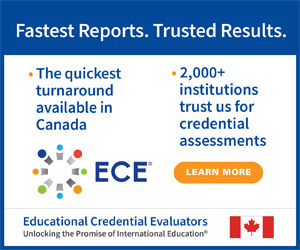
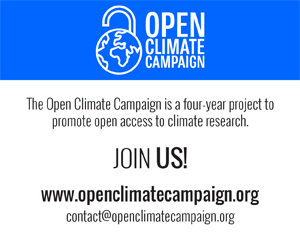

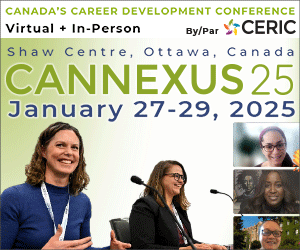








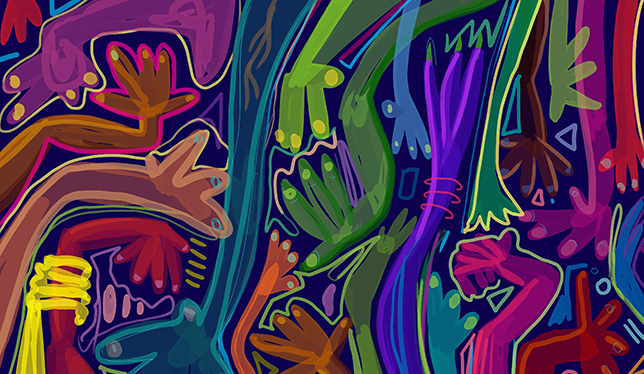


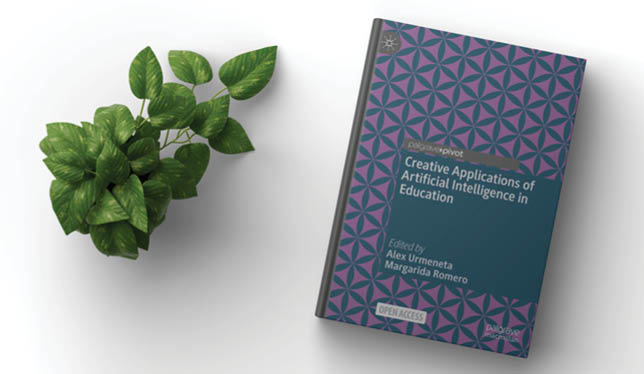
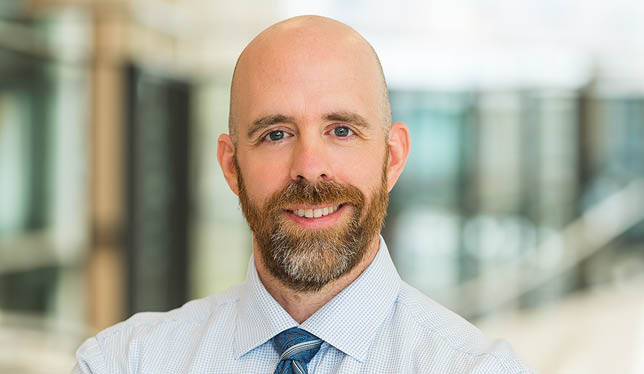
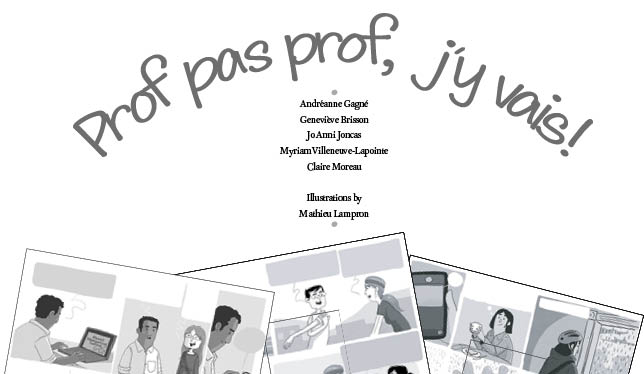
Post a comment
University Affairs moderates all comments according to the following guidelines. If approved, comments generally appear within one business day. We may republish particularly insightful remarks in our print edition or elsewhere.